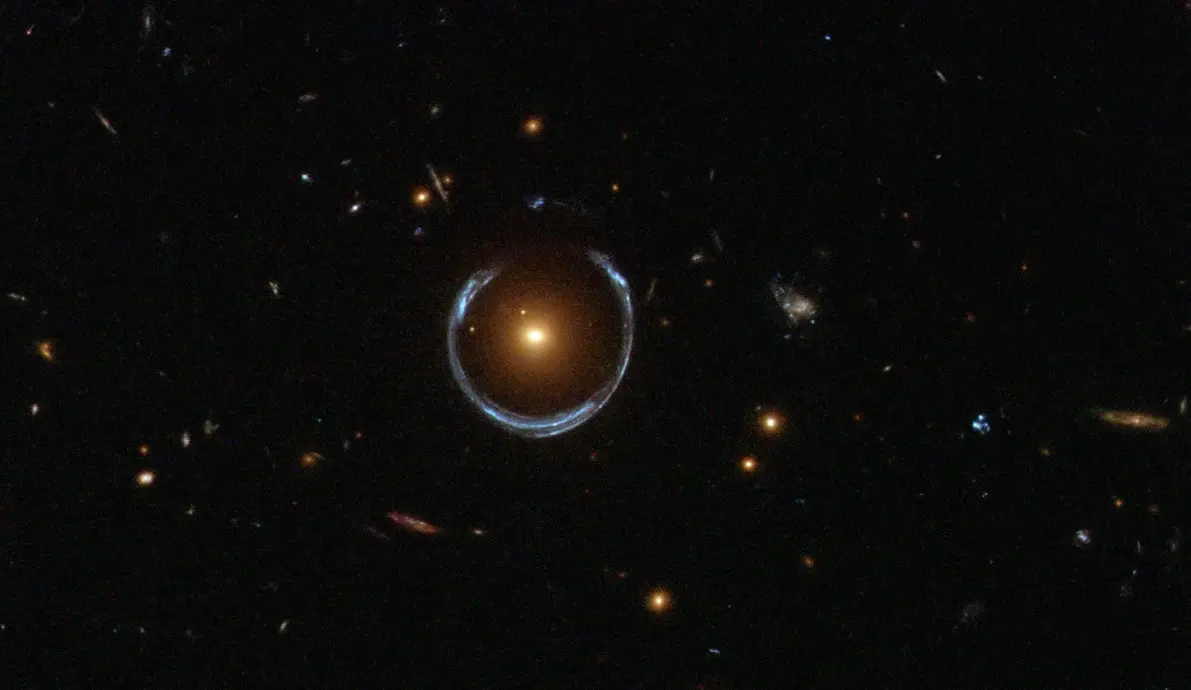T4K3.news
Infinity Galaxy Births a Supermassive Black Hole
Astronomers report a rare infinity shaped galaxy may host the birth of a supermassive black hole.
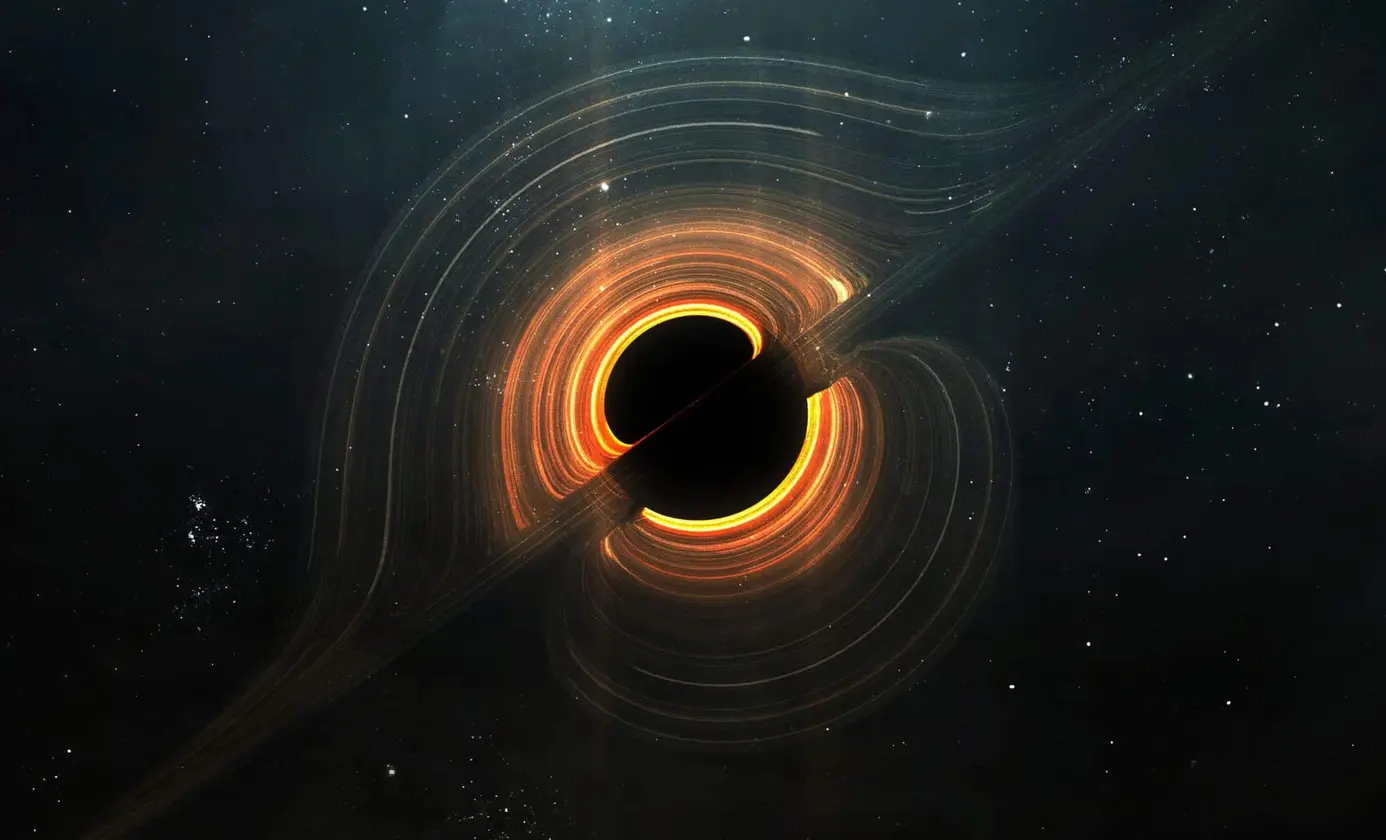
Astronomers report a rare infinity shaped galaxy may host the birth of a supermassive black hole.
Infinity Galaxy Births a Supermassive Black Hole
Scientists using the James Webb Space Telescope and the Keck Observatory have identified a galaxy nicknamed Infinity Galaxy, formed from a collision of two disk galaxies. The shape resembles a figure eight, and a central black hole about one million solar masses appears to sit between the two merging cores. The claim, published in The Astrophysical Journal Letters on July 15 2025, suggests this could be the first direct observation of a black hole forming from gas collapse rather than stellar death.
The team led by Pieter van Dokkum at Yale used Keck’s LRIS to measure distance and motion, and followed up with multiwavelength data from JWST, the Very Large Array and Chandra X ray Observatory. The black hole sits in the middle of the infinity shape, not at a nucleus, hinting at an unusual formation path in a turbulent early universe. While the findings are intriguing, researchers say further observations and computer simulations are needed to confirm the birth scenario.
Key Takeaways
"This could rewrite how we think about black hole seeds"
A bold takeaway from the finding
"The placement between two merging cores is unprecedented in SMBH studies"
Describes the unusual geometry
"Further observations and simulations are essential to confirm a birth scenario"
Cautionary note
If confirmed, this finding could upend current ideas about how supermassive black holes grow. A direct collapse during a galactic collision would add a new route to seed giants in the universe’s youth, when interactions were common. Yet the evidence rests on a single object and on how the geometry is interpreted from our vantage point. Critics will ask for independent confirmation and robust modeling to rule out alternative explanations, such as projection effects or unusual gas dynamics. The story also shows how flexible observing programs and new instruments empower scientists to chase bold targets that fixed surveys might overlook.
Highlights
- Birth of a giant black hole could be hiding in plain geometry
- Observations can outrun theory when the universe reveals its giants
- A rare glimpse into how giants grow in a chaotic early cosmos
- The next data run will settle the matter once and for all
The cosmos preserves its puzzles, awaiting clearer answers with each new observation.
Enjoyed this? Let your friends know!
Related News

Astronomers capture first evidence of supermassive black hole formation
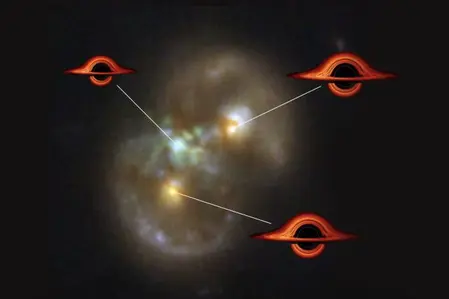
Astronomers capture birth of supermassive black hole
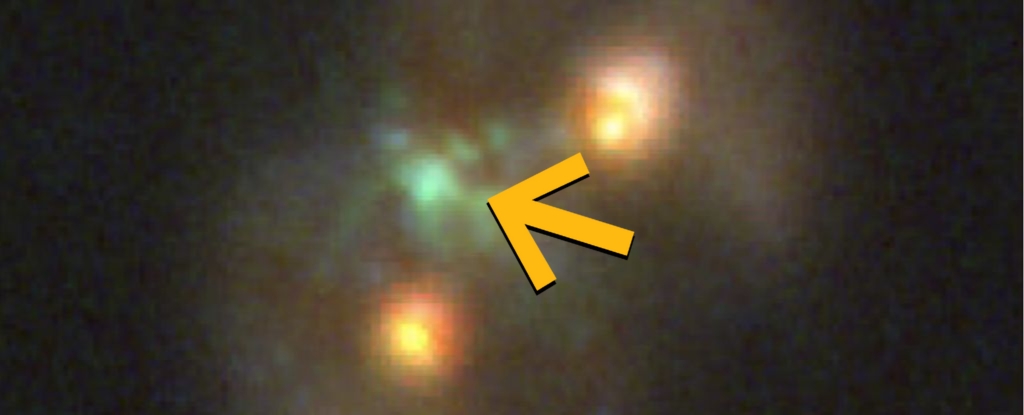
Discovery of Possible Supermassive Black Hole Formation
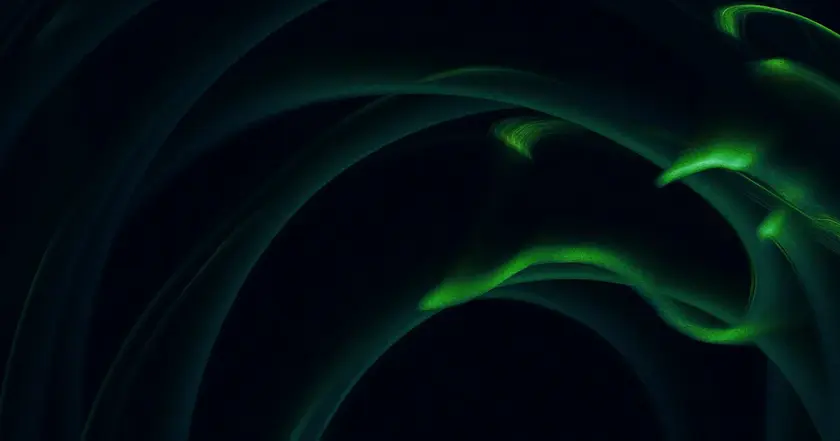
Giant black hole bends light into Einstein ring
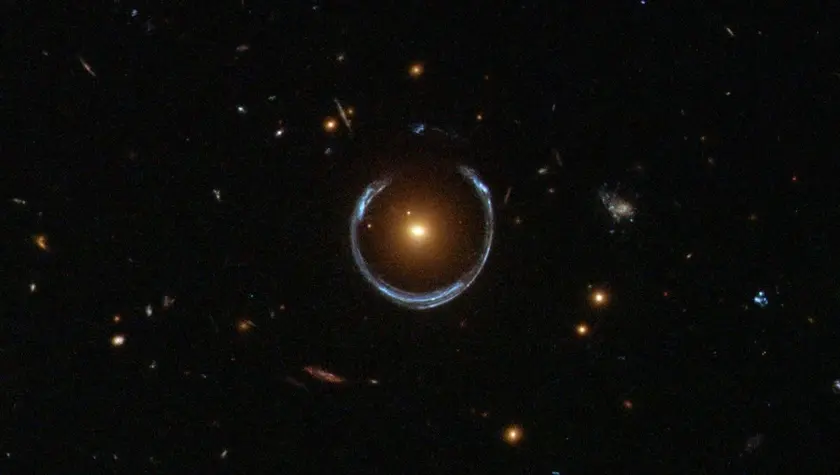
Ultramassive black hole discovered at center of Cosmic Horseshoe
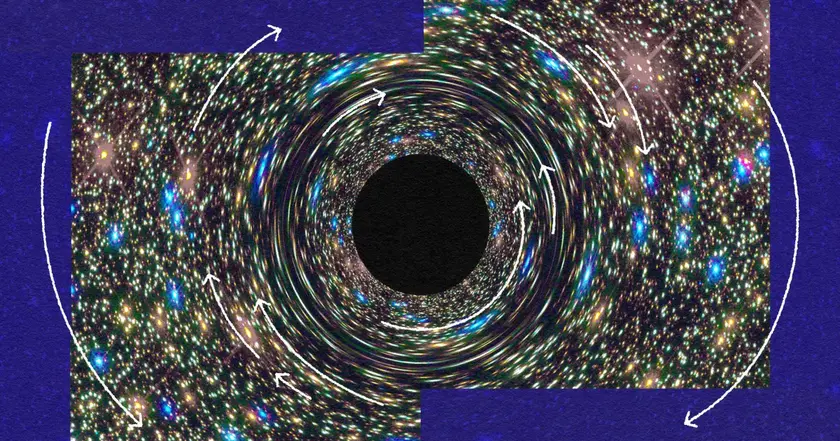
Cosmic Horseshoe Reveals Heaviest Black Hole Yet

Ancient black hole may rewrite galaxy start
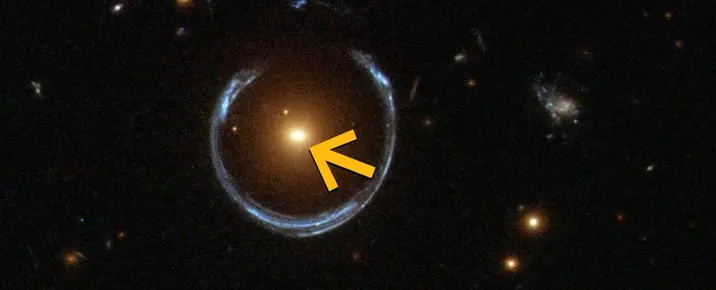
Ultramassive Black Hole Discovered
